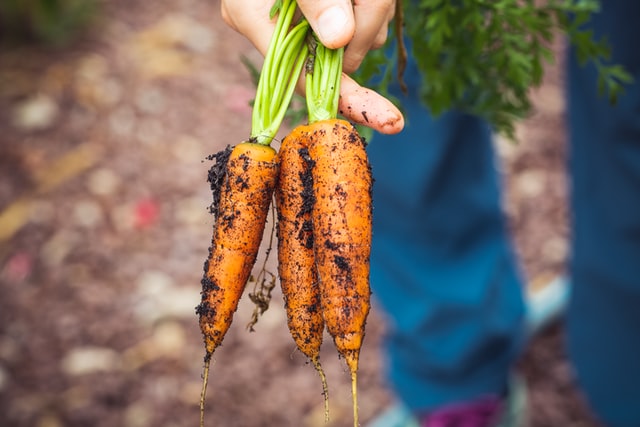Living a sustainable lifestyle is essential for the environment. Although, some people think organic products come at a higher price. While organic materials may be more costly, you can still make smarter eco-friendly choices. Here are some tips for going green on a budget.
Prepare Your Meals For The Week
With your busy schedule, meal prep can sometimes be a forgotten step. However, this can help reduce your food waste. Plan the meals you want to eat for that week and make a list of all the ingredients you will need. Knowing what you want beforehand also lowers the chance of making impulse purchases and will see you sticking to your budget.
When coming up with dinner ideas, consider cutting down on your meat consumption. This can reduce your grocery bill and keeps you healthier. Also, raising livestock requires more resources and emits greenhouse gases. So, eating less meat can help both the planet and your bank account.
2. Buy Organic Produce In-Season
Buying in-season produce can save you money since they often have better deals. An added benefit is they are likely to be fresher. Also, fresh vegetables are a healthy option for incorporating flavor into your dinners. Research to figure out what items are currently in-season before heading to the store. During the summer, apples, apricots, and avocados are in season.

3. Sign Up With A CSA And Visit Local Farmers Markets
To buy organic food products, try going straight to the source. Also, sign up with your local community-supported agriculture (CSA). This allows you to get a distribution of the farm’s food supply while supporting their production.
This is a great way to reduce grocery store expenses and receive fresher produce. It’s also a fun way to get to know your local farmers and learn how the food is made. Also, you are helping the environment by reducing the need for excess packaging.
Another tip to keep you in budget is shopping at food markets may be more affordable than grocery stores. Some non-organic items can be 10%-20% more expensive. This is because grocery stores have the additional costs to get the food to the store. Consider shopping near closing time and using apps to get the best deals.
4. Update Your Appliances
Investing in energy-efficient appliances saves you money and is better for the environment. Consider investing in low-flow shower fixtures to reduce your water usage. They can lower your water usage by 30% to 50%. Also, try taking shorter showers to lower your water bill.
Along with lowering your water bill, consider reducing your heating and cooling costs. To do this, check to see if your HVAC unit needs to be replaced. The average unit lasts for about 12 to 15 years, depending on maintenance. If your system isn’t functioning properly it will work harder, wasting more energy. So, consider updating to an energy-star-rated appliance to save you money and help the planet.

5. Consume Less
Having less stuff is a great way to live a more sustainable lifestyle. When you buy less, you reduce the number of production resources needed. It also limits the chance you will end up wasting items. Plus, the less you spend, the more money you save in the long run.
Along with buying fewer products, consider reusing items. For example, try purchasing second-hand clothing or borrowing from your friends or family.
6. Travel Smarter
Your car can emit greenhouses leading to air pollution. In fact, a typical vehicle emits about 4.6 million tons of carbon dioxide per year. So, if you have easy access to public transportation systems, try taking these more often. Also, if you have well-defined sidewalks biking or walking is another green alternative. These help the environment while giving you an excuse to exercise.
Another option is to carpool with friends or family. This can make the ride more enjoyable and reduce your carbon footprint. Also, using your vehicle less saves you money on gas.

7. Reduce The Amount Of Cleaners You Buy
While it’s tempting to purchase surface cleaners, an all-purpose one can be more efficient. Also, combining DIY cleaning methods with store-bought products can reduce costs. Consider mixing up vinegar, water, and essential oils to help wash your whole kitchen. These at-home supplies are more affordable and better for the environment. Store-bought cleaning products can contain chemicals that can harm marine life.
Why Going Green Is Good For Your Budget
While organic products come with a price tag, being more eco-friendly can save you money in the long run. Simple tricks like meal prep help reduce the amount of food wasted. So, consider these tips for living a sustainable lifestyle without breaking the bank.
Author Bio
Jane is an environmental writer and the founder and editor-in-chief of Environment.co where she covers sustainability and eco-friendly living.

































